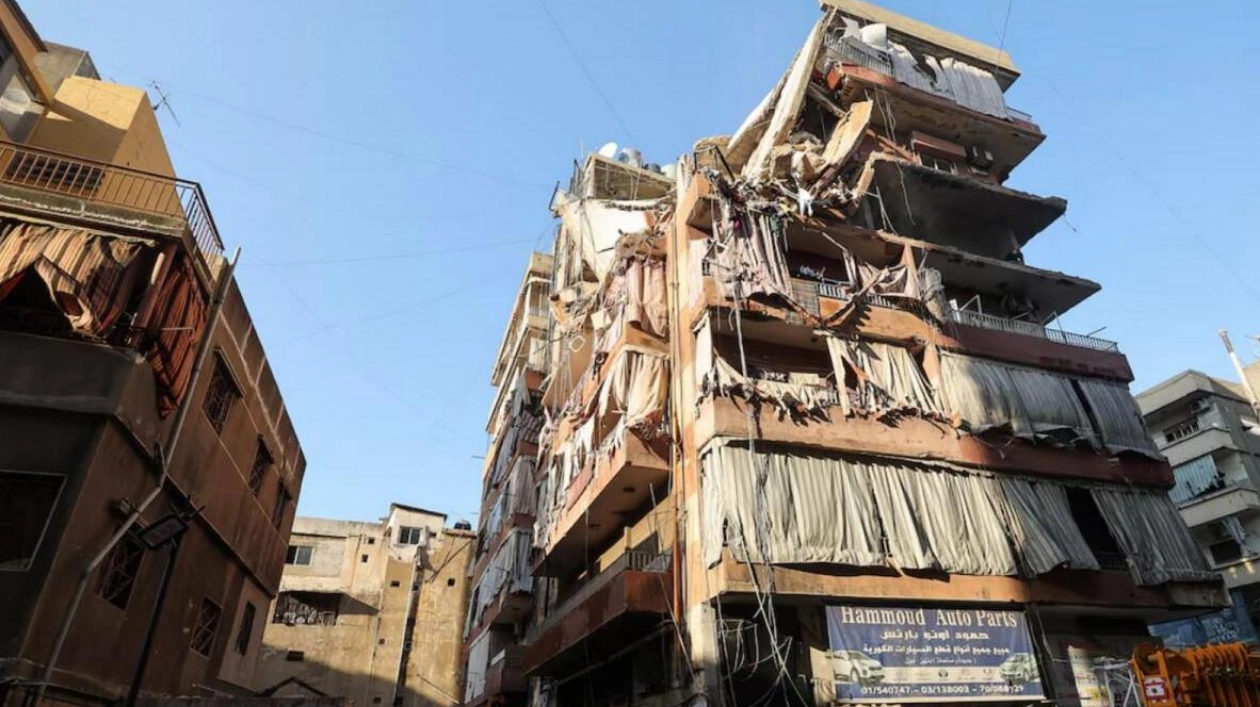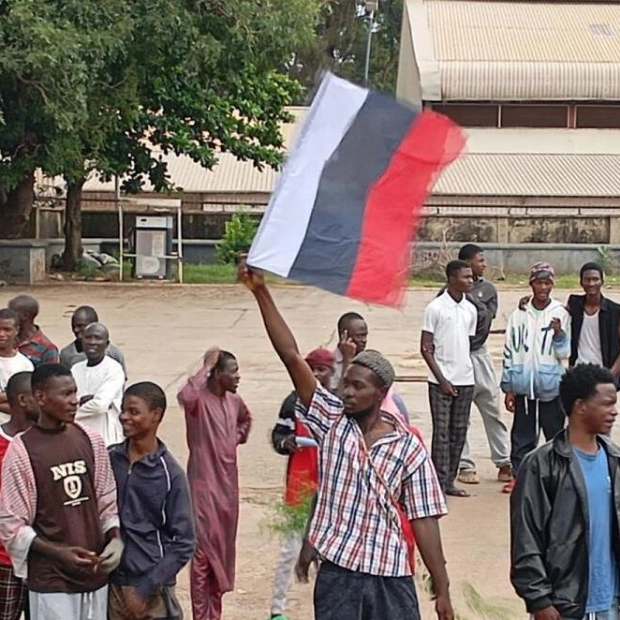Lebanon's health ministry announced on Saturday that hospitals in Beirut's southern suburbs would be evacuated following intense Israeli strikes in the area. The ministry urged hospitals in unaffected regions to temporarily halt the admission of non-urgent cases. In a statement, the ministry requested that hospitals not directly impacted by Israeli strikes "cease accepting non-emergency cases until the end of next week to accommodate patients from hospitals in Beirut's southern suburbs, which will be evacuated due to the ongoing aggression."
The health ministry has not yet released an updated casualty count for the strikes. Overnight, Israeli fighter jets launched heavy bombardments on the southern suburbs of Beirut, causing widespread panic and prompting families to flee. The strikes were reportedly aimed at Hezbollah leader Hassan Nasrallah. Israel stated that it was targeting Hezbollah's headquarters, while Israeli television networks claimed Nasrallah was the primary target, although a source close to the group reported he was unharmed.
The explosions in southern Beirut were the most severe since the 2006 war between Israel and Hezbollah. Following extensive raids across the Mediterranean city on Friday, Israel issued new warnings for residents to evacuate the densely populated Dahiyeh suburbs early Saturday. The Israeli army declined to comment on Nasrallah but claimed that its air strikes had killed "Muhammad Ali Ismail, the commander of Hezbollah's missile unit in southern Lebanon, and his deputy," along with "other senior officials." The military also stated it had killed Ibrahim Muhammad Kabisi and "other senior officials in Hezbollah's missile and rocket array." Hezbollah has not confirmed or denied Israel's claims about the commanders.






